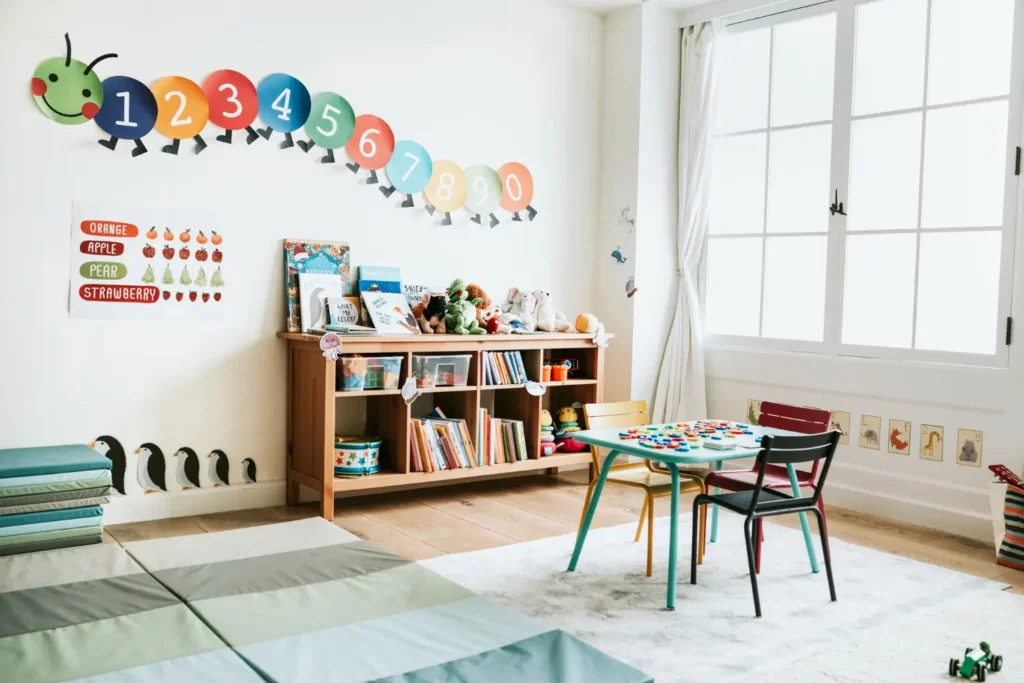Giving Credit Where It’s Due

“Disability transforms into super-ability when one is assessed, diagnosed, accepts it, and learns to manage their mental health.”
Sunday Kapesi
As a Mental Health Advocate, I often share my journey with ADHD, diagnosed at 40, to promote empathy, awareness, and resilience. Today, however, I was in the audience, attending a seminar on neurodiversity at my children’s school, Montessori Learners. Here’s what I learned and a call for understanding and support.
Montessori’s Approach to Special Education Needs
The workshop, “Montessori and Special Education Needs,” focused on helping parents support neurodiverse children in the classroom. The school’s commitment to inclusion was evident as they shared methods for nurturing children on the autism spectrum and with other unique learning needs. Witnessing their dedication to each child’s potential was inspiring.
Understanding Neurodiversity in Montessori Education
The Montessori method emphasizes independence, sensory learning, and social skills, allowing children to progress at their own pace. I was struck by how Montessori blends freedom with structure, cultivating creativity and self-respect. This aligns with my advocacy for learning environments that build on each child’s strengths rather than enforcing uniformity.
Encouraging Growth Through Positive Reinforcement
A key takeaway was the school’s approach to discipline: prioritizing positive reinforcement over punishment. By listening, observing, and adapting to each child’s rhythm, Montessori fosters self-expression and confidence. This approach reminded us as parents to consider how we support our children’s growth, both at home and at school.
Personal Reflections and the Value of Open Dialogue
This workshop resonated deeply. Diagnosed with ADHD later in life, I felt encouraged to share my story. Hearing the headteacher’s experience with dyslexia, diagnosed at 13 when such openness was rare, was inspiring. Her transparency underscored the value of sharing lived experiences. I urged parents to consider mental health assessments to better understand both themselves and their children. Following the session, two parents reached out to discuss assessments, underscoring the importance of honest dialogue.
Gratitude and Affirmations
To my children’s mother, who chose Montessori education early on, and to my fellow parents, thank you for embracing this journey. And to Montessori Learners, my sincere gratitude for fostering inclusivity and encouraging us all to keep learning, unlearning, and growing.
“Education is a shared commitment between dedicated teachers, motivated students, and enthusiastic parents with high expectations.”









